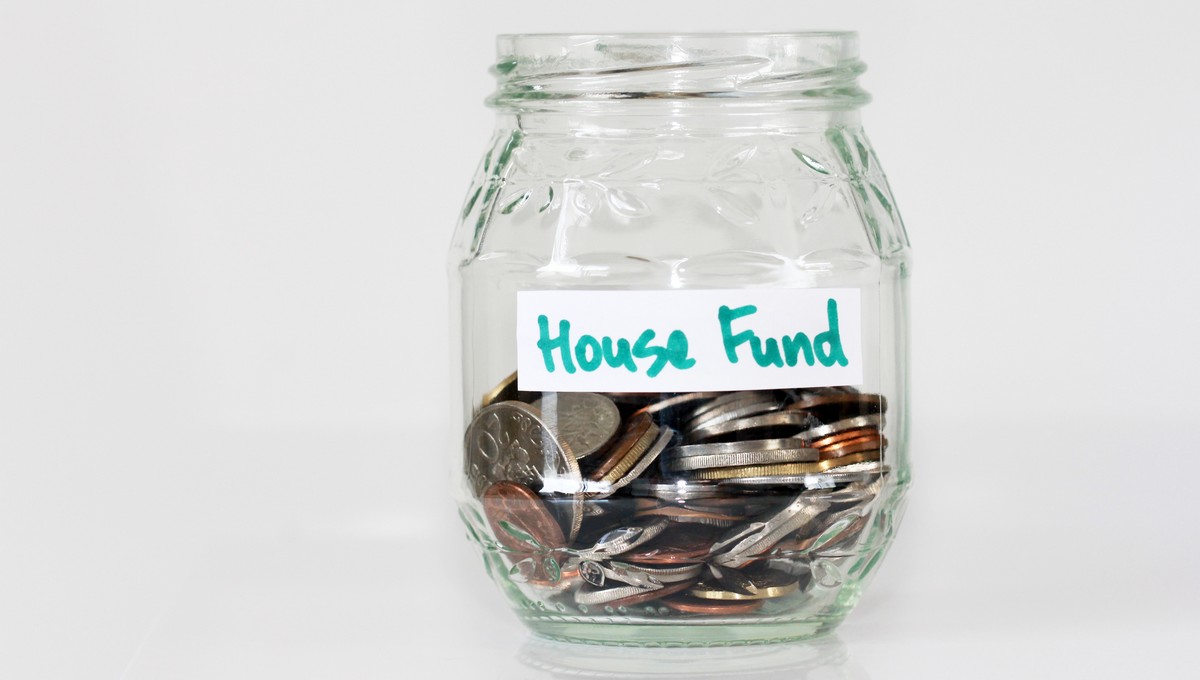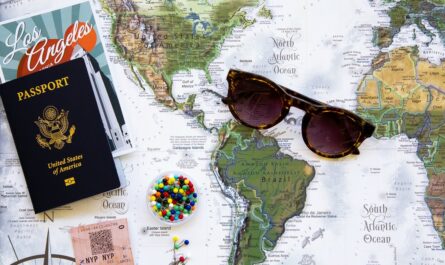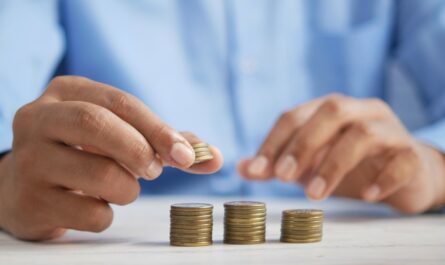Financial reserve is a concept found in private and commercial environments. A phrase that should not be underestimated at any cost. The meaning of these words is quite obvious. They are deliberately setting aside funds for a rainy day. And there can be more than enough of these situations in life.
- Car repair
- Replacing a damaged boiler
- Other unforeseen expenses
Adverse economic developments are exactly the kind of situation where you need a financial reserve. Most people can't cover a large, one-off, unexpected expense all at once. That's why they need to have a cash reserve that they can dip into without jeopardizing the financial health of their household.
Financial reserve has an impact on the psyche
If you have a cushion of savings, it's certainly better than if you have no money at all. It affects not only your wallet, but also the psychological side of a person. With a financial reserve, you can avoid unwanted stress and life pressures. A reserve of this type fulfills its role in many life situations.
| Subject | Value |
| Loss of employment | Time to find a new job |
| Health problems | You can cure yourself in peace |
| Broken down car | You don't have to walk |
| Reduction of regular income | Pregnancy |
We could certainly continue in a similar vein. It is therefore clear from the above lines that a financial reserve is an absolute necessity for every family. Unfortunately, not everyone takes this into account and puts aside funds on a regular basis.
Reserve as part of a family plan
If you are conscientious about keeping family financial plan or you're embarking on a family budget, don't forget to have a financial reserve. It is an integral part of the budget and should be kept in mind when choosing your income distribution. Of course, set aside money according to your own means.
General guidelines state that approximately 10 % of regular net income should be set aside for a financial reserve.
Elizabeth W., economist.
Another principle of the financial reserve is that these funds will be liquid. You need to access them without any problem and without any notice or waiting period. We will discuss this in more detail in the following lines.
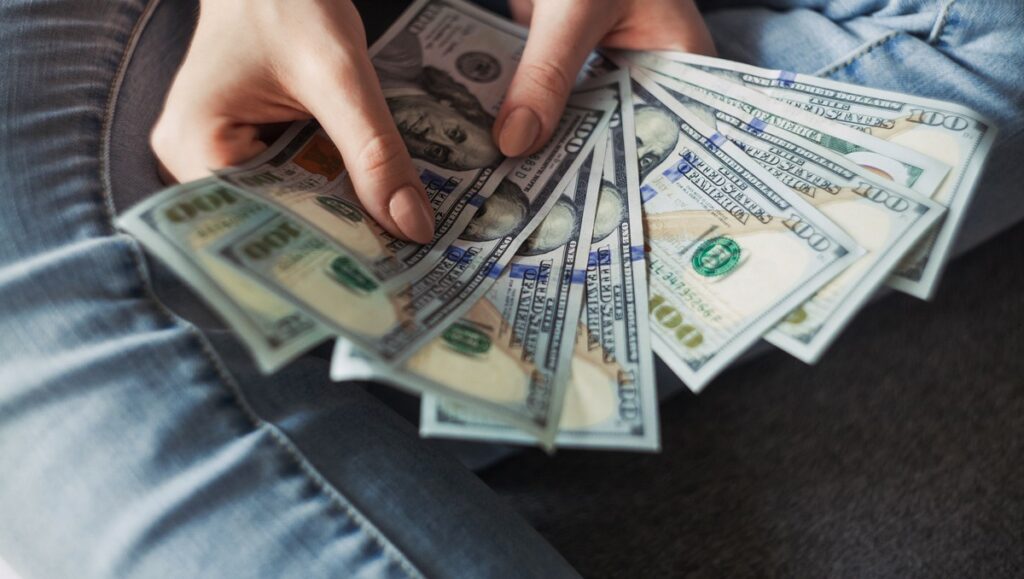
The financial reserve is an individual matter
The rules for the creation of the cash reserve are one thing. The other is everyone's life situation. The size of the financial reserve is therefore influenced by a variety of factors. It is not possible to approach it and its creation unambiguously, but individually. And what all influences her?
- Your working profession
- Size of regular income
- Amount of expenditure in the household
The financial reserve, by the way, is a matter for employees and business people. In the case of the self-employed, the cash reserve is given greater emphasis. This is particularly so in view of the uncertainty of a regular income.
Formation of financial reserve
You can come across a number of model scenarios on how to build up such a financial reserve. You now know that a number of secondary factors influence the question of how much is enough. However, you can bet on some of the proven model scenarios that will suit your way of living.
| Individual models | Value |
| Regular procrastination | 10 % plate |
| Length of financial reserve | 3 to 6 months |
| Alternative plan | 6x net income |
| Alternative Plan II | 12x net income |
Different lessons equals different results. For some, it will be hard to build a financial reserve for six months, let alone a year. Its creation must therefore be adapted to one's own needs, habits and possibilities.
Determine the amount of the financial reserve
In general, the financial reserve should cover your household costs for a set period of time. This means that you need to know how much money you need each month to get by in all respects. Of course, you can take into account the fact that during a crisis you can reduce such expenses a little.
The amount of financial provision will be different for a single person, and vice versa for a family with children.
Jacob R., economist.
Your springboard should be the aforementioned family budget. Write down your income and expenses. Then compare everything and, if necessary, find room for savings. Based on this information, start building a financial reserve.
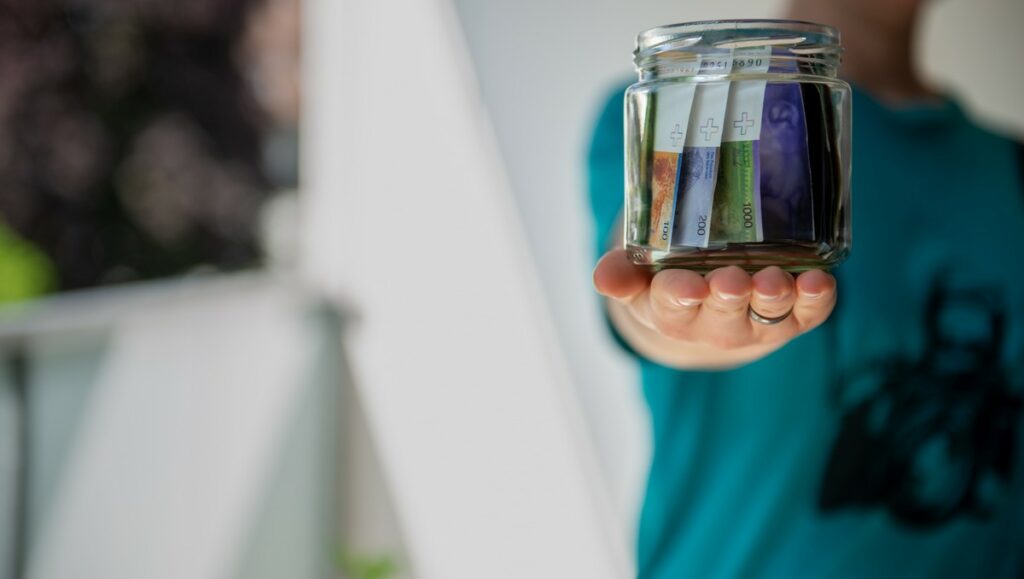
Building financial reserves from A to Z
Do you want to know the way to create a sufficient financial reserve? It sounds simple enough. Save money, or you'll be building up the reserve will take many long years. And that's not exactly an ideal model. The sooner a financial buffer is part of your family plan, the better.
- Forgive yourself for a while for buying expensive things
- Remove unnecessary items from the budget
- Spend less on entertainment
Once the financial reserve is at its full potential, you can loosen the reins on your money plan again. On the other hand, regularly setting aside money as a reserve doesn't have to be only for the short term.
Short-term, medium-term and long-term reserve
The financial reserve is a saving for a rainy day. But you should also think about it in the longer term. After all, putting money aside should be part of a family budget an automatic and essentially endless affair. This gives you three different scenarios.
| Subject | Value |
| Short-term reserve | Unexpected expenses |
| Medium-term reserve | Financing of the objectives |
| Long-term reserve | Future investments |
In terms of time periods, the short-term financial reserve refers to six months to one year. Whereas the medium-term cash reserve is between one and five years. Finally, there is the long-term reserve of more than five years.
How quickly can you save a financial reserve?
It is essential to set a plan for saving money. A financial reserve doesn't just appear out of the blue. It all depends on how much money you set aside from your paycheck. If it's 5 %, you can build up a financial reserve for up to ten years.
It is optimal to set aside 10 % from your salary, because then you will build up a financial reserve within about five years.
Olivia S., economist.
If your financial situation and family budget allow it, you can build up your financial reserves much faster. Set aside 20 % of income and you will reach your goals in less than three years. Don't underestimate this imaginary financial cushion and start working to fill it as soon as possible.
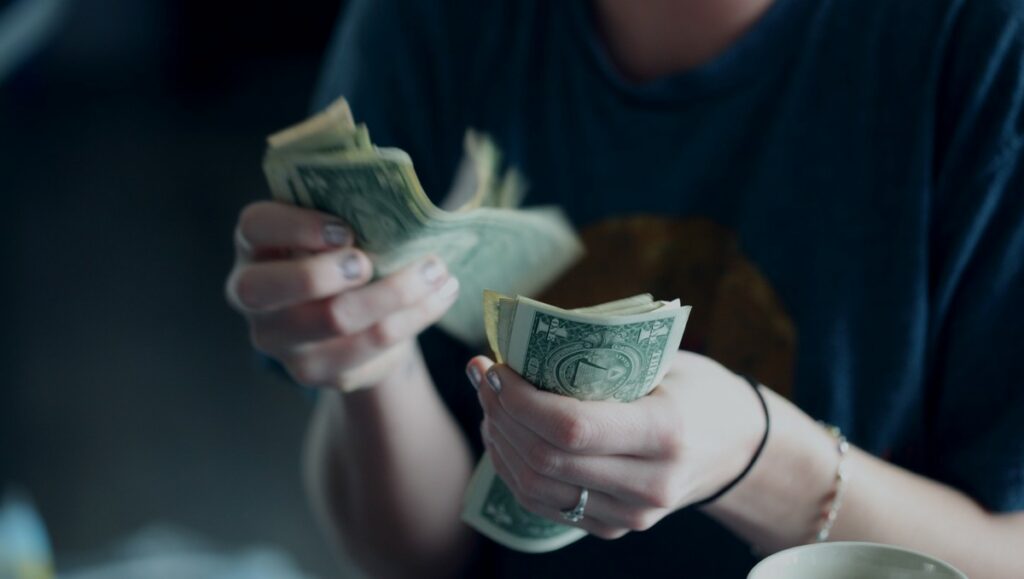
The financial reserve should not be left at home
Mention should also be made of the deposit of funds in the financial reserve. Definitely avoid hoarding money at home in a drawer. In such a place, your savings will be gobbled up by the rapid rate of inflation. Better to choose banking products with at least minimal appreciation. At the same time, make sure that you can use your money immediately in case of problems. So savings accounts are the ideal solution.
Financial Reserve - Frequently Asked Questions and Answers
You have now learned probably the most important thing about the financial reserve. It must be of adequate value, liquid and available at any time. If you are interested in further information related to this topic, please read the following questions and answers.
Because of the quick availability of funds, you should not invest in stocks, mutual funds and bonds, for example.
In this case, do not despair and think that something is better than nothing. It's always better to have money saved on the side than an empty wallet.
First and foremost is the cost of living. Next, use this money for food, regular expenses in the form of repayments, electricity, water, etc. For personal expenses, consider only the essentials, such as phone bills.
No, that is not what this money is primarily for. Focus on paying the mortgage as part of some long-term plan. The financial reserve has a completely different purpose.
It's certainly better than having money at home under your pillow. On the other hand, there are other free banking products that at least give you some value for your savings. Savings accounts are a typical example.
You can't do without a financial reserve
After reading the above lines, you will surely agree with us that financial reserve should become an integral part of everyone's financial plan. Therefore, think about its form, consider your income and expenses and start saving slowly.
